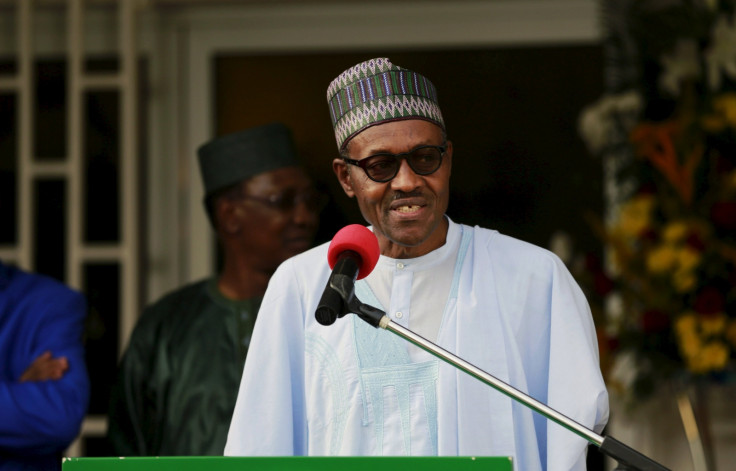Nigeria: Protesters storm National Assembly demanding capital punishment for corruption charges

A group of Nigerian protesters have stormed Nigeria's National Assembly in the capital Abuja, demanding capital punishment for those found guilty of corruption.
The organisers of the protest were part of a group known as Voice of the Voiceless, which claimed that the new government, led by former military chief Muhammadu Buhari, will not make any progress unless it tackles the widespread corruption in the country, according to the Nigerian Watch.
The group also wrote letters to the senate president Senator Bukola Saraki and the speaker of the House of Representatives Hon Yakubu Dogara.
The demonstrators said in their letter to the House, which was signed by the national coordinator of the group Oliver Ezeala: "Corruption, as we are all aware of, has eaten so deep into the fabric of this great nation and we are strongly advocating the death penalty for anybody who is found guilty of corrupt practices, no matter how highly-placed such an individual is in the society. Nigeria has tried every other measure of deterrent but to no avail.
"We want this great nation to toe the path of countries such as Indonesia, Singapore, China and other world powers who have achieved so much developmental strides as a result of their zero tolerance for corruption.
"We believe that President Muhammadu Buhari will fight this our common hydra-headed enemy to a complete standstill."
All Our Development Efforts Will Be In Vain If We Don't Wake Up Now And Kill Corruption In Nigeria. From: Voice Of The Voiceless .
— Oliver Ezeala (@221Ebere) April 18, 2015Corruption in Nigeria
Nigeria has been deemed one of the most corrupted countries in the world, with many accusing politicians of being involved in deals that benefit them rather than tackling issues affecting the population.
The country has also been marred by scandals within the oil and gas industries, as well as oil thefts which have contributed to further deepening the ongoing economic crisis.
Nigeria
Capital: Abuja
Population: 174,507,53 (2013 census)
Largest cities: Lagos, Kano, Abuja
Major ethnic groups: 21% Yoruba, 21% Hausa,
18% Igbo
Languages: English, Hausa, Igbo, Yoruba
Religion: 50% Muslim, 40% Christian, 10% other
Currency: Naira (N) 1N = £0.0033; US$0.0050
In 2013, the head of the Nigerian Central Bank, Sanusi Lamido Sanusi, was suspended after he claimed that $20bn (£12bn) of oil revenue "went missing" from state oil company Nigerian National Petroleum Corporation.
Just a few months later an ex-Goldman Sachs banker was jailed for laundering money on behalf of Nigerian politician James Ibori.
It has also been suggested that some politicians financially supported terror group Boko Haram, which has killed thousands of people in north-eastern Nigeria since 2009.
Former president Goodluck Jonathan was accused of not stepping up the efforts to combat terrorism and address issues such as corruption, the crippled economy and the fuel crisis.
Many Nigerians see Buhari, the first president to be democratically elected since military rule and a long list of coup d'états, as the answer to tackling problems that the previous administrations failed to address.
After being elected in March, Buhari said his administration will "kill corruption". During a meeting with the Nigerian community in Johannesburg he said: "Government is determined to secure the country, manage the economy, create employment and fight corruption.
"Some articulate writers have said if we do not kill corruption, corruption will kill Nigeria. This APC administration intends to kill corruption in Nigeria. We will do our best, I assure you."
During his campaign, he also promised to promote women's empowerment and tackle youth unemployment.
© Copyright IBTimes 2025. All rights reserved.






















